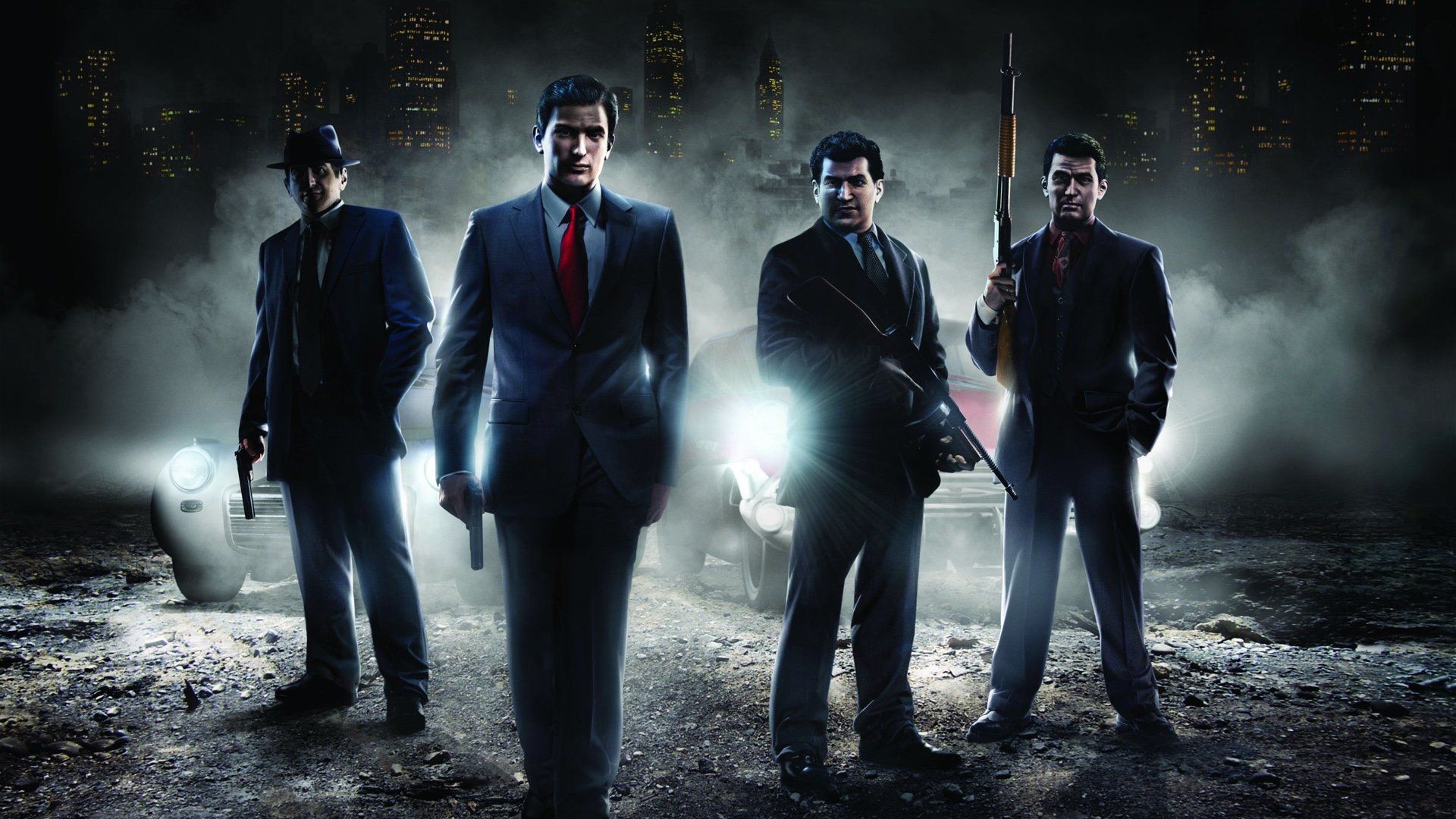
FAQ About Mafia Trope
Mafia Trope
2 years ago | gizem
How does the Mafia trope in books reflect societal issues and cultural contexts?
The Mafia trope in books often serves as a lens through which societal issues and cultural contexts are explored and examined. Here are some ways in which the Mafia trope reflects these aspects:
- Immigrant Experience: The Mafia trope frequently intersects with the immigrant experience, particularly in books set in the United States. It explores the challenges faced by immigrant communities, the struggle for assimilation, and the clash between cultural heritage and the pressures of a new society. These narratives reflect the complexities of the immigrant experience and shed light on issues of identity, belonging, and cultural assimilation.
- Socioeconomic Disparity: Mafia-themed books often touch upon socioeconomic disparities and their impact on communities. They depict how organized crime takes root in marginalized or impoverished areas, exploiting social inequalities and economic desperation. These narratives reflect broader societal issues of economic disparity, social mobility, and the consequences of systemic marginalization.
- Corruption and Complicity: The Mafia trope shines a light on corruption and complicity within society. It explores how criminal organizations infiltrate institutions, businesses, and even law enforcement agencies. These books examine the relationship between organized crime and the complicity of individuals in positions of power, reflecting broader issues of institutional corruption and the erosion of trust in public institutions.
- Power Dynamics: The portrayal of power dynamics within the Mafia world often reflects power imbalances and struggles within society. These books explore the concentration of power, the manipulation of influence, and the impact of power dynamics on individuals and communities. They provide insights into broader societal structures and the ways power is obtained, wielded, and maintained.
- Cultural Norms and Values: Mafia-themed books often delve into cultural norms and values, particularly in relation to honor, loyalty, family, and community. They examine how cultural codes and traditions intersect with criminal activities, exploring the tension between societal expectations and the pursuit of personal ambitions within the Mafia world.
- Marginalized Communities: The Mafia trope frequently portrays the impact of organized crime on marginalized communities. It highlights how criminal activities can exacerbate social problems, perpetuate cycles of violence, and exploit vulnerable populations. These narratives reflect the social and cultural contexts in which criminal organizations operate and the far-reaching consequences on marginalized communities.
